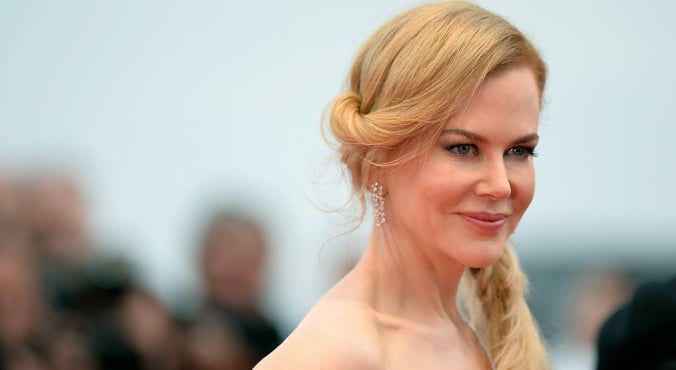
Image Via Getty
In her recent round of interviews to promote her latest movie after the death of her father, an emotional Nicole Kidman has been vastly more candid than usual. Understandably so.
Talking about her desire to have more children, Kidman told radio presenters Kyle & Jackie O that every month she crosses her fingers. “I hope every month I am pregnant but I never am,” she said sadly. “I would be jumping for joy, but it won’t happen I’m 47.”
When told that TV presenter Sonia Kruger is expecting her first child (conceived with donor eggs from a younger woman) aged 49, Kidman replied: “That’s incredible, what a fabulous thing. My grandmother had her last baby at 49 so you never know.”
We think you’ll enjoy:
"IVF made me feel like a failure"
Mia Freedman: “My green smoothie doesn’t make me better than you”
So what are the odds of conceiving naturally in your 40s?
Incredibly low. Sure, there are exceptions and miracles (like Kidman's grandmother) but for the vast majority of women, our fertility drops dramatically after 40.
“The chance of an egg resulting in pregnancy declines as a woman ages,” explains Brisbane obstetrician/gynaecologist Dr Brad Robinson. “The reason for that is that eggs age just like every other part of us. So an old egg that is finally released at the age of 45 may come out of the ovary – but as I like to tell my patients – it may well come out on a zimmer frame. This is evidenced by the fact the miscarriage rate climbs as we age from 12% at under 30 to 51% at ages 40-44.
The other problem for older mums is that the risk of chromosomal abnormalities also rises exponentially as women age. For instance a woman aged 20 has a 1 in 1500 risk of conceiving a child with Downs Syndrome. A woman aged 43 has a risk of 1 in 45.”